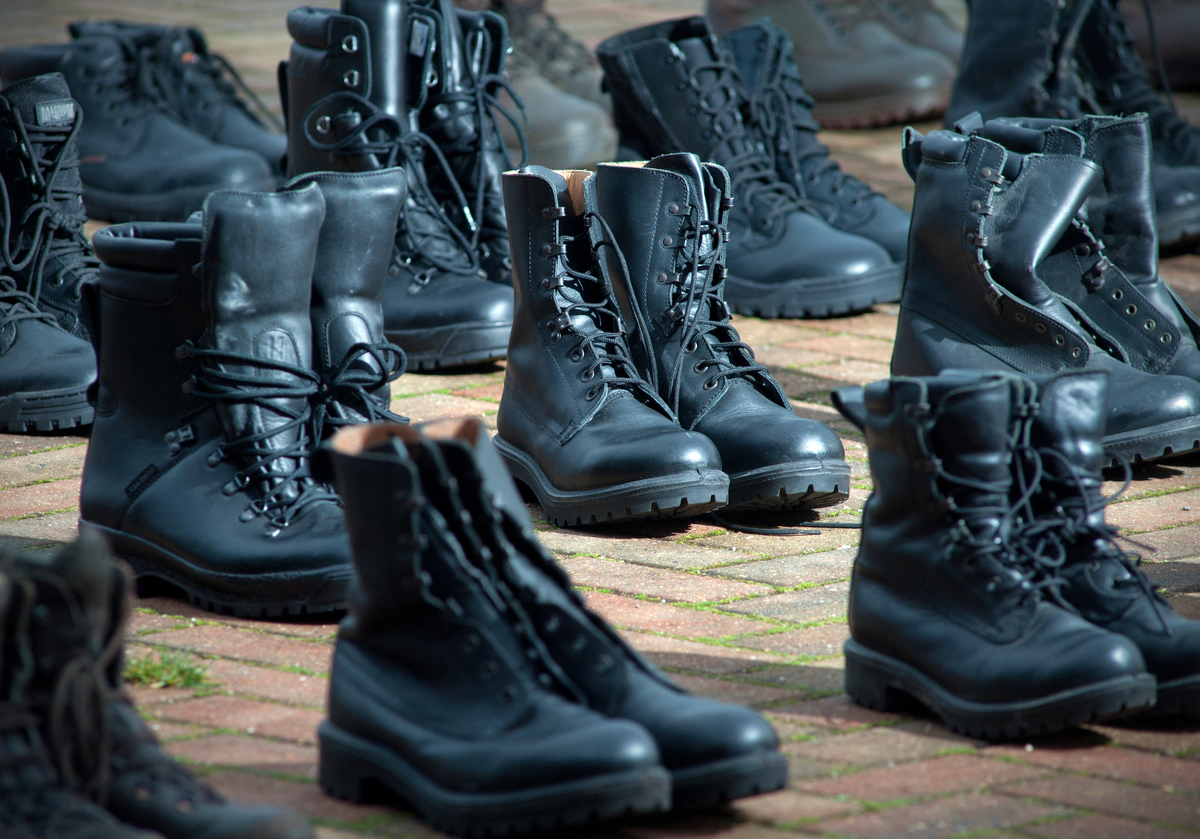Overtime has its uses but should not be relied on says Federation
FIGURES showing how many officers could be funded if forces cut overtime doesn’t mean an instant supply of extra officers on the frontline, says Essex Police Federation.
Nationally forces spent £1.7 billion on overtime pay in the last five years while the amount paid out by the Essex force could have paid for an extra 200 officers.
But spending on new recruits instead of overtime wouldn’t instantly mean any extra officers would be out on the beat, says Essex Police Federation Chairman Steve Taylor.
“It takes time to get recruits up to the standards required and time to ensure they can perform the duties they need to,” Steve said.
“You could equate the amount of money spent on overtime, you could equate that to X number of officers, and I think in Essex it’s 200 or so.
“Now I do see that point, and maybe it’s useful for illustrative purposes. But practically speaking it takes time to get a recruit up to a standard of being able to perform the duties of the role”
For some colleagues, overtime can provide a much welcome and much needed boost to their monthly salaries and in many departments, it can be readily available, he added.
However, when overtime must be done to just get the job done then it can have a negative impact on officers.
“In the Firearms teams, for example, there is lots of overtime available as there is with some of the ore proactive policing units, road safety partnerships etc.
“For some officers, overtime is a real benefit and they use it correctly, but for others it couldn’t be more different.
“In those situations, the force may say that officers need to stay on shift, that there’s a job to be done and nobody else to do it, so they have to stay on and do it.
“It’s for those officers where it results in them being pressed – they are not volunteers and overtime can be a destructive force, there are winners and losers.
Some parts of the force also could simply not operate without overtime, he added.
“It’s the other side of the coin, the extremes where the last thing officers want to do is to be forced to stay on for more hours to sort something when there’s no one else to do it.”


Comments are closed.